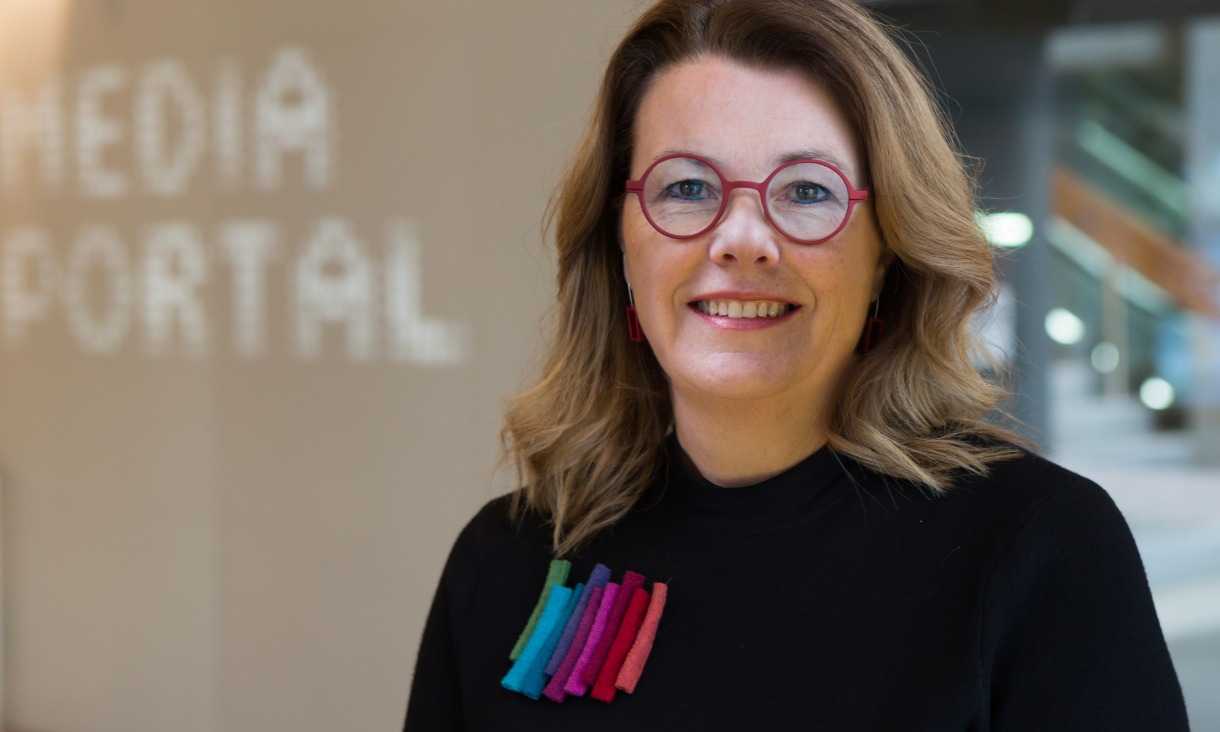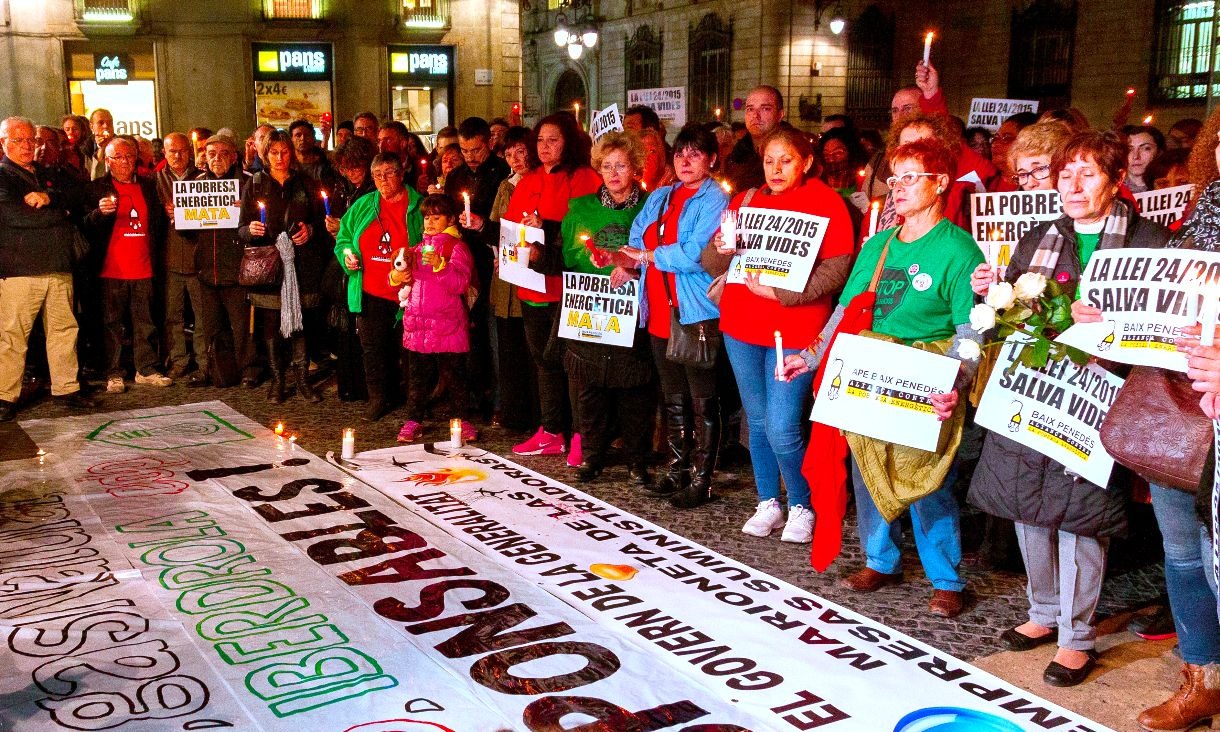Dean of the School of Media and Communication, Professor Lisa French, has been at the forefront of research into the inequitable status of women in the screen-related industries for many years.
She is renowned internationally for her research, writing and effective lobbying to improve female representation in all fields associated with the screen industries, and is well-known in the film and television industry.
French’s research Does Gender Matter? and Women in the Victorian film, television and related industries went some way to providing Screen Australia with the evidence it needed to commit $5 million to a suite of initiatives aimed at addressing gender imbalances in the Australian film industry.
One of those initiatives is the Gender Matters Taskforce for career development and investment in projects. French has a seat on the Taskforce that takes its name from her research.
As the only Australian academic on the Taskforce charged with increasing the presence of women in film and television, French said she was concerned by evidence that shows women’s participation in the industry not only not increasing, but in some cases actually declining.
“Research in 1991/92 showed that 22 per cent of directors of feature films in Australia were women. In 2018 that has dropped to just 16 per cent,” she said.
French said leadership and a long-term approach to creating sustainable careers and businesses in the industry was required, focusing not just on high profile directors and producers like Jane Campion, Gillian Armstrong and Sue Maslin, but across other crafts.
Her analysis of the AFI Awards in the 2000s showed that Australian women were punching above their weight, with women writers winning ‘best original screenplay’ 50 per cent of the time, but they were (and still are) only 20 per cent of the workforce.
French and RMIT worked with Screen Australia and Gender Matters to present Brilliant Pitches Workshops in July.
These pitching sessions, which included a day for students to participate, supported women to gain important skills needed to enter the industry. She also called for other entry-level initiatives like mentoring, networking opportunities and new filmmaker schemes that would “maintain the momentum”.





